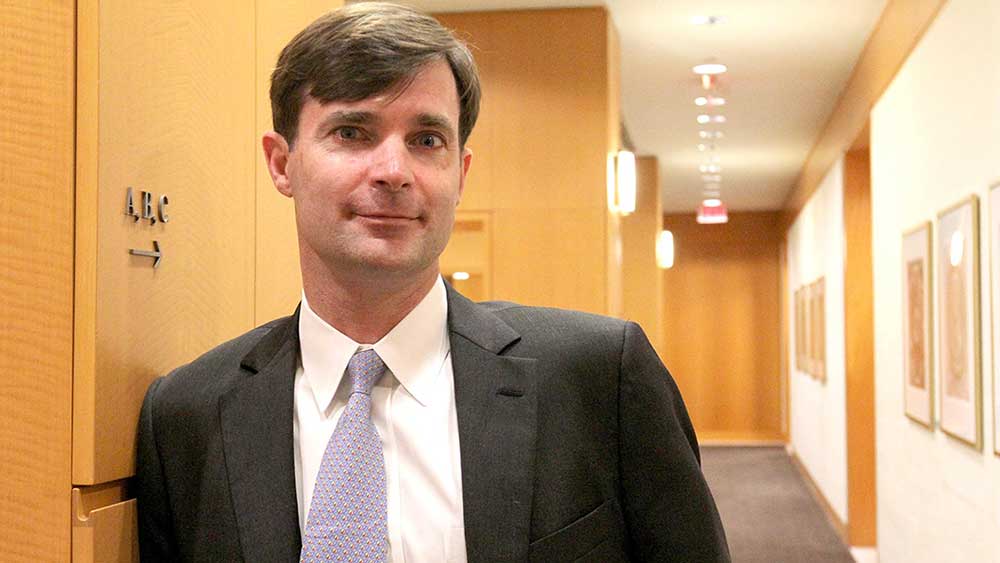Bitcoin Is Anti-Fragile, Says Morgan Stanley Executive
The Head of Counterpoint Global at Morgan Stanley Investment Management – Dennis Lynch – believes bitcoin has the ability to gain in times of economic disruption and he referred to the asset as “anti-fragile.”
‘Bitcoin Is Like Kenny from South Park’
In a recent conference, the American businessman and executive at Morgan Stanley – Dennis Lynch, revealed his positive stance on bitcoin. He sees it as “anti-fragile,” meaning that it could resist market disorders and even prosper when other assets would collapse. As such, Lynch made an interesting comparison between the leading cryptocurrency and one of the main characters in the award-winning animated series “South Park:”
“I like to say that bitcoin is kind of like Kenny from South Park, you know, the guy dies every episode and he’s back again.”
Lynch admitted that he is a bitcoin owner as the asset represents a global trend that society follows. Morgan Stanley’s executive believes this is one of the factors when looking at innovation:
“Owing a little bit of something where things can go right, but also knowing that there are some things that go can go wrong is not unreasonable when you have a world that has such disruption occurring, and where these upside scenarios wind up being so large.”
However, the American sees some risks in the field, too, as governments might ban the asset class. If this is not the case, though, having bitcoin exposure could only bring profits to hodlers in the near future, he added.

BTC’s Ability to Resurrect
Like Kenny from “South Park,” the primary cryptocurrency has been proclaimed “dead” more than 400 times already. Despite its price crashes throughout the years, it has always managed to overcome the difficulties, and now, 12 years after its creation, it stands as an asset with a market cap of almost $1 trillion.
The swinging opinion from mainstream media is a valid example. Back in 2018, some of the most common headlines were: “Bitcoin is dead,” “It’s the end for Bitcoin,” “Bitcoin is a bubble,” or “Bitcoin is a Ponzi scheme.” It is worth noting that the asset’s USD value had crashed heavily, and not many people expected it to recover. But it did.
The cryptocurrency not only got back on its feet but continued towards unseen peaks just a few years later. Its merits grabbed the attention of many giant corporations (like Tesla and MicroStrategy) and billionaire investors (Paul Tudor Jones and Thomas Peterffy) who started diversifying their portfolios with BTC.
Arguably the most significant advantage of BTC is its ability to be a digital store of value as only 21 million coins will ever exist. Prominent names have even labeled it with the nickname “digital gold.”
While both assets have similarities, storing the precious metal could be an obstacle for investors because of its physical form. Allocating funds in BTC, on the other hand, requires a digital wallet and removes that hurdle. Names like Michael Saylor, Anthony Scaramucci, and Steve Wozniak all praised the cryptocurrency as superior to gold.